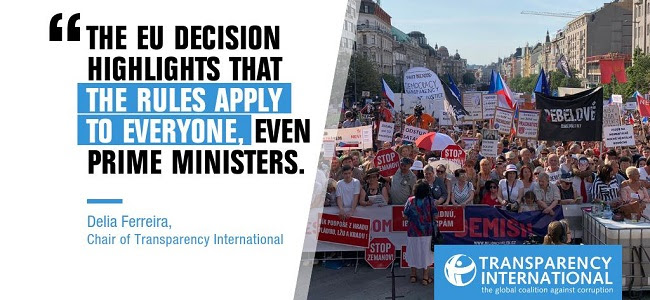ANTI-CORRUPTION LAW SERIES-4
Anticorruption law- series-4
Central Vigilance Commission Act, 2003
The central government has constituted the Central Vigilance Commission (‘CVC’) pursuant to the Central Vigilance Commission Act, 2003. The CVC is the government watchdog that is tasked with inquiring into (or commissioning an inquiry into) offences alleged to have been committed under the PCA. It is also responsible for advising, planning, executing, reviewing and reforming vigilance operations in central government organisations. The CVC is required to operate impartially and free of executive control, and can refer investigations to the CBI.
Lokpal and Lokayuktas Act, 2013
The Lokpal and Lokayuktas Act, 2013 is a recent legislation which provides for the establishment of corruption ombudsmen (called ‘Lokpal’ at the central level, and the ‘Lok Ayuktas’ at the state level), which act independently from the executive branch of the government. These bodies have been empowered to investigate allegations of corruption against public functionaries, including offences under the PCA (including allegations against the prime minister and other central ministers, members of parliament and other public servants). Further, public servants are required to declare the assets held by them (together with their spouse and dependent children) on an annual basis. However, the government has not yet appointed a ‘Lokpal’, and the provisions of this legislation are yet to be enforced in an effective manner.
The central government has constituted the Central Vigilance Commission (‘CVC’) pursuant to the Central Vigilance Commission Act, 2003. The CVC is the government watchdog that is tasked with inquiring into (or commissioning an inquiry into) offences alleged to have been committed under the PCA. It is also responsible for advising, planning, executing, reviewing and reforming vigilance operations in central government organisations. The CVC is required to operate impartially and free of executive control, and can refer investigations to the CBI.
Lokpal and Lokayuktas Act, 2013
The Lokpal and Lokayuktas Act, 2013 is a recent legislation which provides for the establishment of corruption ombudsmen (called ‘Lokpal’ at the central level, and the ‘Lok Ayuktas’ at the state level), which act independently from the executive branch of the government. These bodies have been empowered to investigate allegations of corruption against public functionaries, including offences under the PCA (including allegations against the prime minister and other central ministers, members of parliament and other public servants). Further, public servants are required to declare the assets held by them (together with their spouse and dependent children) on an annual basis. However, the government has not yet appointed a ‘Lokpal’, and the provisions of this legislation are yet to be enforced in an effective manner.
S.No
|
Dear
Ngo leaders promote activities such as :-
(All forms
of corruption must be ended to secure the basic rights of all people and
ensure a world where everyone can live in dignity)
|
1.
|
Organize,
communicate, and raise awareness on Anti corruption laws to your target
people.
|
2.
|
Identify
the victims and witnesses of corruption in your working area
|
3.
|
Identify
the need of Legal consultancy for Consumer rights, women’s rights, Child
rights, aged rights, revenue, education, documents registration, social
welfare, public and temple property panchayat, forest, insurance, and all
government department corruptions related issues etc
|
4.
|
Contact
for such issues with an affidavit and we will make the difference
|
We also know that corruption can’t
be rooted out in one big sweep. Rather, fighting it is a step-by-step,
project-by-project process.
|
MANISHANKAR
CEO-Anti-Corruption And Human Rights Movement®-Chennai
Mobile:91 9087856137
Follow us on;




Comments
Post a Comment